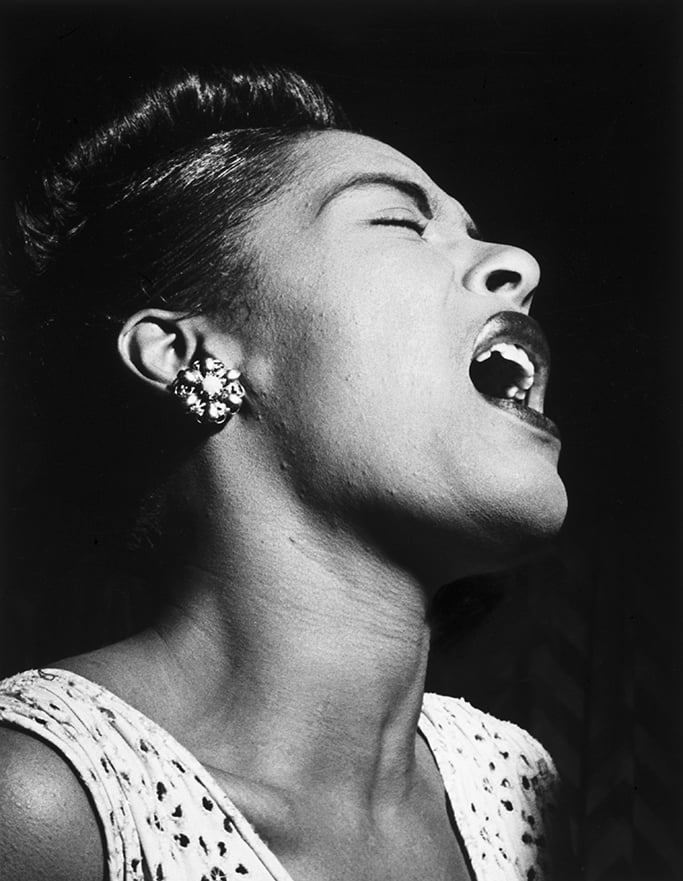The song “Strange Fruit,” the devastating protest anthem made famous by Billie Holiday in 1939, is famously one of the first songs to express the inhumanity of racism. Recorded in 1939, it’s considered the civil rights movement’s first significant song and the first direct musical assault on racial lynchings in the South. What you may not know is that the song was written by a Jewish man from the Bronx, whose personal journey included encounters with Communism and a surprising connection to Julius and Ethel Rosenberg.
Abel Meeropol was born in 1903 to Russian-Jewish immigrants. He studied at City College of New York, then at Harvard, and became an English teacher at a New York high school. Meeropol was also a poet and social activist who was deeply disturbed by American racism in the South. His son later recalled that his “ferocious anti-racist beliefs” were deeply rooted in his Jewish identity. One of Meeropol’s first poems was titled “I am a Jew,” in which he wrote about the intersection of anti-Semitism and racism towards African-Americans. These beliefs led him to join the Communist Party, and many of his early poems and songs in the 1930s were contributions to left-leaning organizations.
In August 1930, two African-American men accused of murdering a white man and raping his wife were hung by a public mob in Indiana. A photo of the lynching haunted Meeropol, and shortly after he penned the poem “Bitter Fruit,” which was published in a Teachers Union publication. The opening verse quickly sets the stage:
Southern trees bear a strange fruit
Blood on the leaves and blood at the root
Black body swinging in the Southern breeze
Strange fruit hanging from the poplar trees.
Meeropol added music and shared the song with local New York performers, including with Billie Holiday at the New York Café Society. It was recorded and re-titled “Strange Fruit” in 1939.
Meeropol, with the help of his wife Anne, became a renowned poet, composer and lyricist. Under the pen name Lewis Allen — thought to be the names of his two stillborn children — he wrote the lyrics for Frank Sinatra’s “The House I Live In” and the Peggy Lee hit “Apples, Peaches and Cherries.” His Communist beliefs made him sympathetic to the plight of Julius and Ethel Rosenberg who in 1953, at the height of McCarthyism, were executed for committing espionage for the Soviet Union, leaving behind two young children, Michael and Robert. No one was willing to take the boys in, fearful of association with the Rosenbergs. But Abel and Anne Meeropol were introduced to the boys at a Christmas party at the home of W.E.B. DuBois a few months after their parents’ execution — and, the Meeropols, unable to have children of their own, adopted the Rosenberg children.
With royalties from his hit songs Abel Meeropol left his teaching position and, soon after adopting his sons, left the Communist party. His sons remember him as a gentle, loving man who refused to kill any living creature, from flies in the house to seedlings from a maple tree in his backyard. He passed away in 1986, but lives on through his sons Robert and Michael Meeropol, both college professors and social justice advocates.
The lyrics of “Strange Fruit” are as haunting today as they were in 1939. Abel Meeropol — from his writings to his decision to adopt two sons from a notorious family — proved to be someone who acutely understood that it is everyone’s role to help those who face injustice and discrimination.
Read more about the life of Abel Meeropol in this article from NPR.



